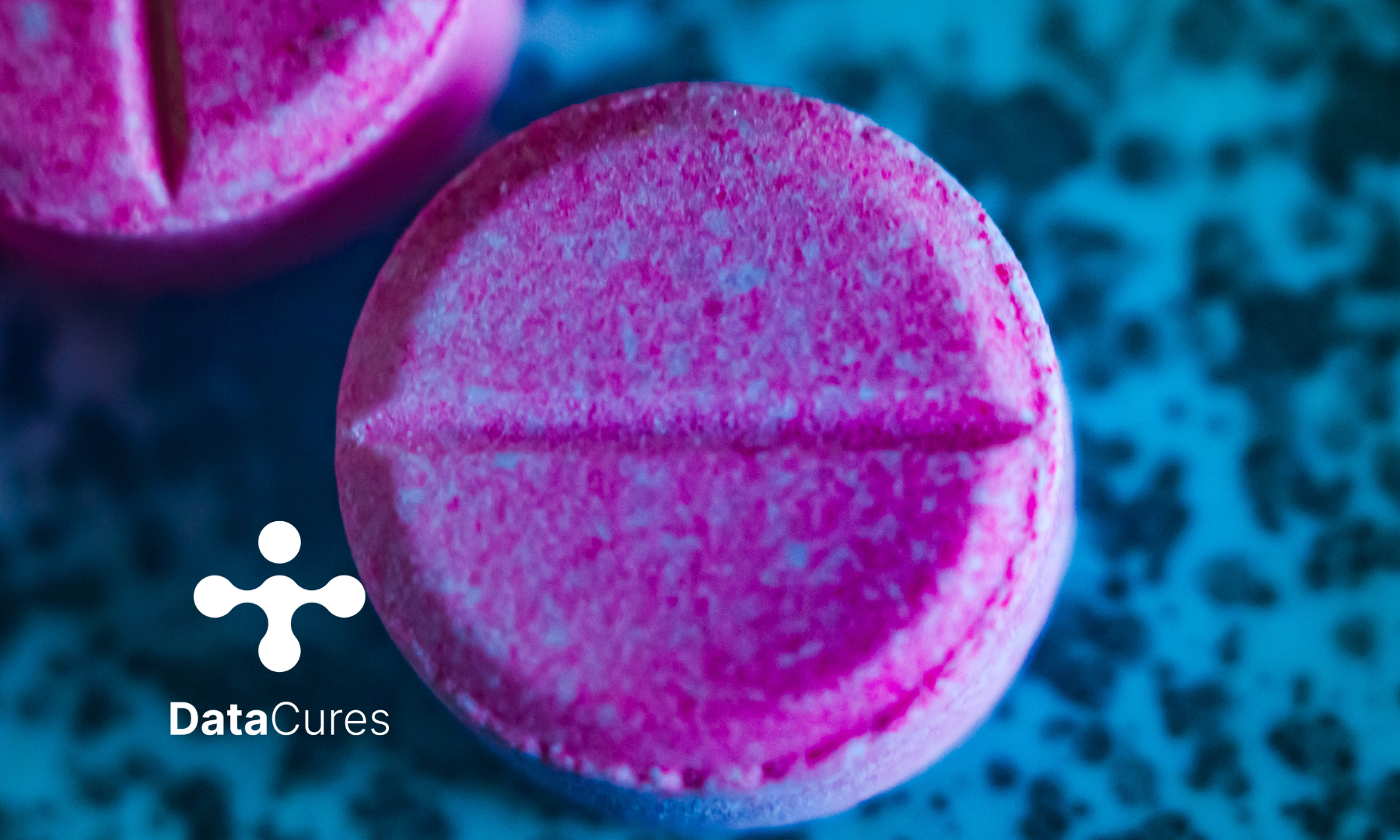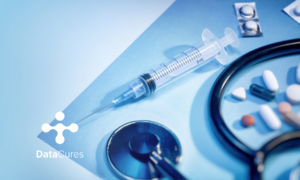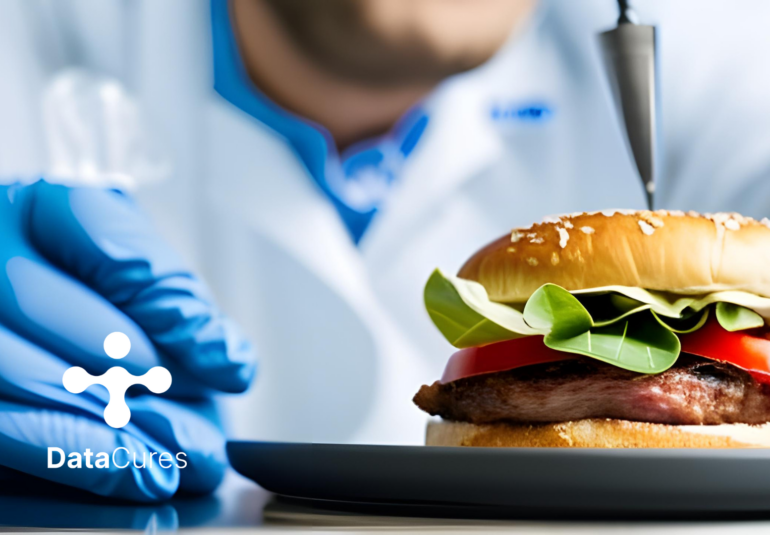

Addiction is a chronic and complex brain disease that affects millions of people worldwide. Substance use disorders are characterized by compulsive drug seeking and use despite harmful consequences, which can lead to a range of physical, emotional, and social problems. Fortunately, there are evidence-based treatment options available to help individuals recover from addiction and reclaim their lives. In this article, we’ll explore the science of addiction and evidence-based treatment options, including overcoming barriers to treatment and leveraging data science to improve addiction care.
Understanding Addiction: The Neurobiology of Substance Use Disorders
Addiction is a disorder that affects the brain’s reward system, which is responsible for regulating pleasure, motivation, stress and learning. When a person uses drugs or alcohol, it activates the release of dopamine, a neurotransmitter that produces feelings of pleasure and reinforces the behaviour. Over time, the brain adapts to the presence of drugs or alcohol and becomes less sensitive to dopamine, which can lead to tolerance and dependence. As a result, individuals may need to use more of the substance to achieve the same level of pleasure or avoid withdrawal symptoms. At the same time, pleasures from ordinary activities, like eating, sex and social interactions, will be less rewarding for the addicted person.
The understanding of the disease is evolving as more scientific evidence is available. Addiction used to be considered a moral failing or a character flaw, while it is now viewed as a chronic illness that produces changes in brain structure and function.
Addiction is a major burden on both individuals and society. The UK government spends an estimated £15 billion of its resources on addictions yearly, which is roughly 2% of its total spending. Currently, there are only a few effective therapy choices available for this global health issue. And even with the right treatment, relapse rates are high, as over 20% of treated patients will relapse within 1 month, and a further 40% within 6 months. This is due to the chronically relapsing nature of addiction.
Evidence-Based Treatment Options for Addiction: What Works and What Doesn’t
Fortunately, there are evidence-based treatment options available for addiction that can help individuals overcome the disease and achieve long-term recovery. The most effective treatments for addiction are those that address the underlying neurobiology of the disease and provide comprehensive care for the individual. Some of the most common evidence-based treatment options for addiction include:
- Medication-Assisted Treatment (MAT): MAT is a treatment approach that combines medications with counselling and behavioural therapies to address substance use disorders. MAT has been shown to be effective in reducing drug use, improving retention in treatment, and decreasing overdose deaths. Medications may also help reduce cravings and withdrawal symptoms associated with addiction.
- Cognitive Behavioral Therapy (CBT): CBT is a form of talk therapy that helps individuals identify and change negative thoughts and behaviours that contribute to addiction. CBT has been shown to be effective in reducing substance use and preventing relapse and it appears to be associated with lasting effects.
- Motivational Interviewing (MI): MI is a counselling technique that helps individuals identify and resolve their ambivalence about making positive changes in their lives. MI has been shown to be effective in increasing motivation to change and reducing substance use with alcohol use disorders.
Miller and Rollnick first introduced the term MI, and defined it as a conversation style for strengthening a person’s motivation and commitment to change. Their book lays the foundations of the method and gives practical guidance on the approach to facilitating lasting change.
Overcoming Barriers to Addiction Treatment: Addressing Stigma, Access, and Affordability
Despite the availability of evidence-based treatment options, many barriers to addiction treatment prevent individuals from accessing the care they need. One of the biggest barriers is stigma, which can lead to shame, discrimination, and fear of seeking help. Addressing stigma through public education and awareness campaigns can encourage people to seek help and improve recovery outcomes.
Other barriers to addiction treatment include lack of access to care and affordability. Many individuals may not have access to addiction treatment due to geographic, financial, or insurance-related barriers. Addressing these challenges through policy changes, expanded insurance coverage, and increased access to care could reduce the burden of addiction.

Leveraging Data Science to Improve Addiction Treatment Outcomes: How Big Data and Machine Learning are Transforming Addiction Care
Data science is transforming the way we approach addiction treatment by providing new insights into the disease and improving outcomes for individuals in recovery.
Data analytics helps track prescription drug misuse, identify substance abuse patterns, predict abusers likely to seek treatment, predict abuse through medical record analysis, and quantify the effects of marijuana legalization.
Big data and machine learning are used to develop predictive models for relapse, identify individuals at high risk for overdose, and personalise treatment plans based on an individual’s unique characteristics.
Crisis counselling hotlines, for example, use machine learning to help identify callers at high risk of committing suicide or self-harm through the words they communicate.
Additionally, digital health technologies such as telemedicine and mobile health apps are providing new opportunities for individuals to access care and monitor their progress in recovery.
Addiction is a chronic and complex brain disease affecting millions worldwide. While evidence-based treatment options are available to help individuals recover from addiction and achieve long-term recovery, numerous challenges are involved. The key to overcoming the barriers to addiction treatment is addressing stigma, affordability and access to care. Leveraging the recent advancements in data science and AI can further improve outcomes and help with prevention.

Discover the power of health data with our newsletter. Gain access to top-notch resources, informative articles, and exclusive updates on industry events. Subscribe now to stay ahead of the curve!


